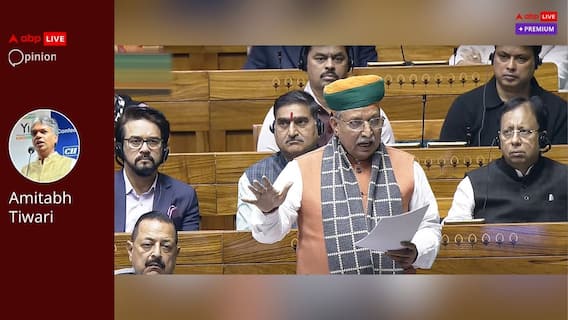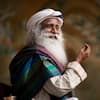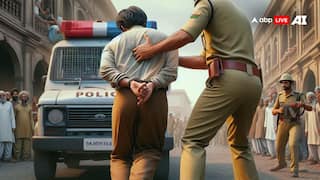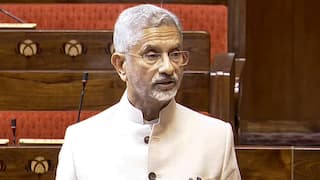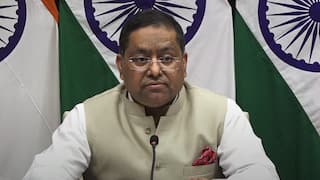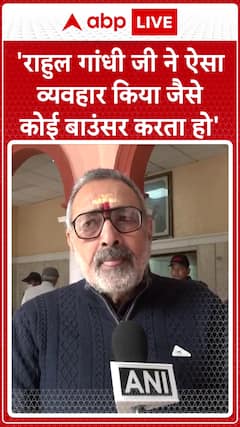1983 To 2023: 40 Years Of Indian Cricket — One Big Victory To A Lasting Legacy

The day of June 25, 1983, is written in golden letters in the history of Indian cricket. On this day, the Indian cricket team under the captaincy of all-rounder Kapil Dev defeated the legendary team of West Indies in the final of the Cricket World Cup and won the Prudential World Cup for the first time. After hockey, India won the World Cup at Lord's, the Mecca of cricket, and this was the second sport in which it succeeded in attracting the attention of the countrymen.
Today, after 40 years, India is looking to repeat its feat by winning the World Cup again — playing at the world's largest stadium, the Narendra Modi Stadium in Ahmedabad.
Here is a look at the very interesting history of Indian cricket in the last four decades.
During the four decades of winning the World Cup, the Indian cricket team has etched its name on many international trophies. Many players have made their journey world famous, and Indian cricketers broke innumerable records — both inside and outside India.
The 1983 World Cup champions, including legends like Kapil Dev, Sunil Gavaskar, K. Srikanth, Dilip Vengsarkar, Madan Lal, and Mohinder Amarnath, remain our cherished heroes. Since then, India has reached numerous milestones in cricket's annals, maintaining their relevance to this day. Players such as Ravi Shastri, Mohammad Azharuddin, Ajay Jadeja, Sachin Tendulkar, Mahendra Singh Dhoni, Yuvraj Singh, Harbhajan Singh, and Anil Kumble have significantly influenced the outcomes of World Cup semi-finals and finals, as well as other major tournaments, through their impactful performances. Ravi Shastri's memorable triumph in the 1985 World Championship in Australia, where he won an Audi car, is a notable example.
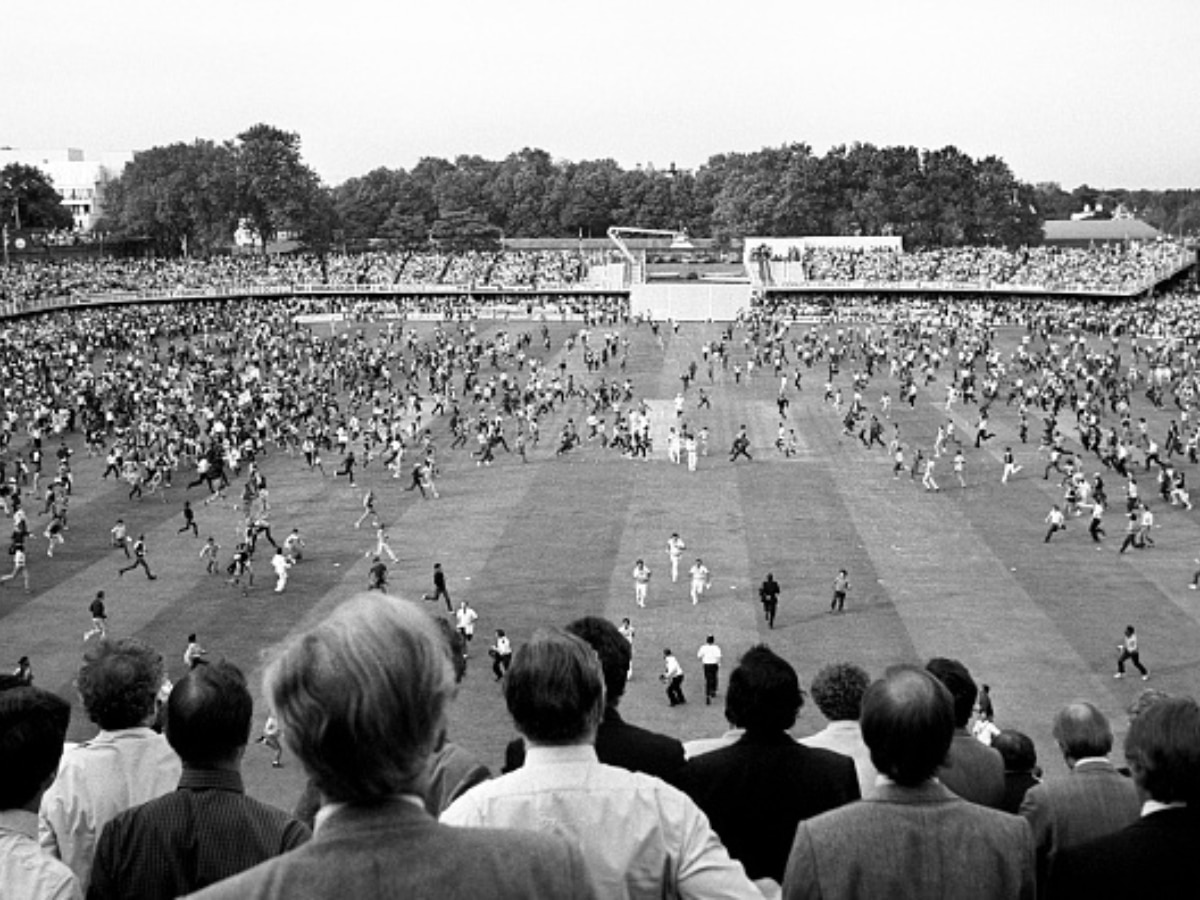
Who could forget Ajay Jadeja's intense showdown against Pakistan's Waqar Younis in the 1992 World Cup final over? In the 2007 T20 World Cup, Yuvraj Singh's record-setting feat of six sixes in a single over against England's Stuart Broad remains unparalleled in cricket history. Ravi Shastri had previously matched Gary Sobers' feat of six sixes in a Ranji Trophy match in 1984-85, but Yuvraj Singh's achievement in the World Cup was unprecedented.
The 2011 victory under Mahendra Singh Dhoni's captaincy, after a 28-year wait, was another monumental event. India's six-wicket triumph over Sri Lanka in the final was a historic feat, achieved despite a shaky start towards the 275-run target. The stellar performances of Gautam Gambhir, Virat Kohli, Mahendra Singh Dhoni, and Yuvraj Singh were pivotal in clinching the World Cup.
Today, Indian cricket is characterised by a robust domestic structure, a pool of talented players, and a significant fan base. The Indian Premier League (IPL) has revolutionised the game, giving rise to young talents who are now integral to the national team.
Over the past 40 years, Indian cricket has evolved from an underdog to a powerhouse. It has not only produced legendary cricketers but also significantly influenced the socio-cultural fabric of India. The journey from Kapil Dev lifting the World Cup in 1983 to the present day is a testament to the passion, resilience, and talent inherent in Indian cricket. As the team continues to strive for excellence, the legacy of these four decades will always be a source of inspiration and pride.
As India looks at creating history again today, all hearts are praying for the team, and hoping to see many more years of great cricket.
The author is the editor of ABP Asmita (Digital).
[Disclaimer: The opinions, beliefs, and views expressed by the various authors and forum participants on this website are personal.]
Trending News





